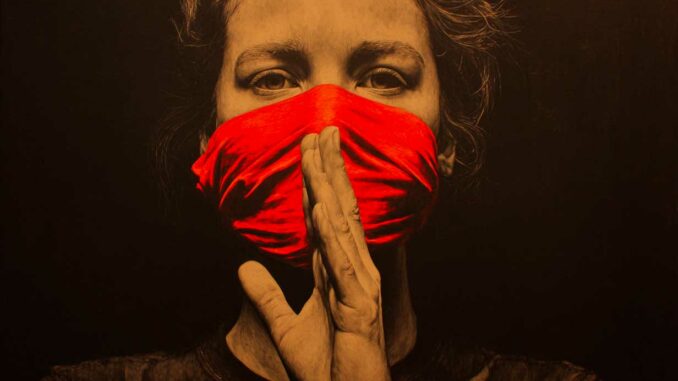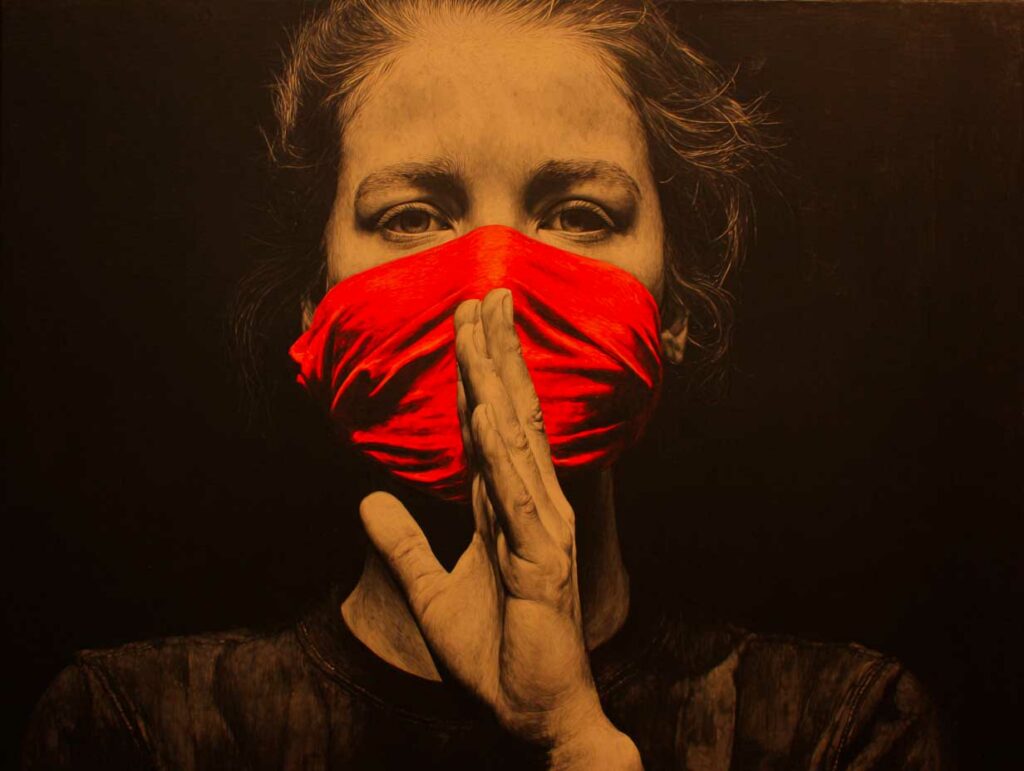
The US military is restricting internal expression, while China is allowing its former generals to publish: two opposing visions of military speech.
Since the election of the new US president, military institutions have been forced to remove content related to diversity, equity, and inclusion (DEI), sparking an intense debate about freedom of expression within the armed forces. Blogs, historical archives, social media, and even certain promotions are now governed by political criteria. In contrast, in China, retired generals are allowed to freely express strategic ideas in publications or the media, as long as they do not directly criticize the Party. These practices reveal very different approaches to military communication, information control, and the role of the military in society.
Restrictions on DEI content in the US military
The new US president has implemented a policy of reducing references to DEI in federal institutions, including military libraries, official websites, and educational platforms. This directive has resulted in the removal of books, photo archives, and magazines mentioning the history of minorities or figures from America’s diverse military. Bases such as West Point, the Air Force Academy, and the US Naval Academy saw thousands of documents disappear in a matter of weeks.
This policy has been accompanied by new restrictions on the speech of active-duty military personnel, particularly on social media. Officers are bound by a strict duty of confidentiality, and certain private exchanges are regulated. The removal of historically recognized content, sometimes without clear justification, has been perceived as an erasure of identity. Many military personnel have denounced a loss of bearings and a direct attack on institutional memory. Veterans’ associations have also criticized the ideological exploitation of military culture.
The legal framework for freedom of expression in the military
The First Amendment to the US Constitution guarantees freedom of expression, but this freedom is restricted for active members of the military. US military law, through the Uniform Code of Military Justice (UCMJ), strictly regulates public statements by military personnel. This includes criticism of the command, political statements, and behavior that could undermine unit cohesion.
Historically, several officers have been punished for publicly expressing political opinions, even when well-argued. In 1993, an Air Force general was forced into retirement for comments critical of the president. In 2002, a colonel was punished for a letter to a newspaper discussing administration decisions. In the US military, priority is given to discipline, hierarchy, and political neutrality. The prevailing view is that any public statement can, in an operational context, weaken the chain of command.

Regulating soldiers’ digital expression
With the arrival of the internet in theaters of operation in the 1990s, US military personnel began communicating directly from the front lines via email and blogs. During the Iraq War, some soldiers published daily accounts and photos. This content offered a counter-narrative to the traditional media, often better informed but less controlled.
The reaction of the military leadership was ambiguous. On the one hand, these accounts were seen as useful for family morale and transparency. On the other hand, the lack of a clear legal framework raised questions of operational security. Soldiers were prosecuted for revealing information deemed sensitive. Commanders were therefore asked to monitor posts more closely, although no absolute ban was imposed. Even today, the use of social media in combat zones remains tolerated but monitored, with penalties for abuse.
The Chinese case: controlled freedom for former generals
In China, retired generals and admirals are free to publish articles and books and participate in broadcasts, as long as their comments do not challenge the Communist Party or official doctrine. This form of conditional freedom allows the regime to test certain strategic ideas without directly involving the state apparatus. It acts as a political barometer and helps shape public opinion.
Works such as Unrestricted Warfare (often mistranslated into English) are often misinterpreted in the West as official statements of doctrine, when in fact they are individual proposals, sometimes far removed from government policy. These publications often serve as think tanks under implicit supervision. Before publication, manuscripts may be reviewed by security agencies to prevent any leaks of sensitive information.
This system of controlled freedom, while not meeting Western democratic standards, allows for a certain circulation of ideas within the Chinese military apparatus. It also reflects a desire to influence international strategic debate by playing on the ambiguity between individual opinion and state position.
Concrete consequences for morale and cohesion
In the US context, the new censorship policies have caused a sense of loss among some military personnel. The removal of archives related to diversity has been experienced as a denial of collective history. Officers from minority backgrounds have expressed their dismay at the disappearance of role models. This situation is detrimental to the recruitment and retention of qualified personnel, particularly in technical sectors where competition with the private sector is fierce.
In China, the strategy of publishing former military personnel is primarily aimed at steering the debate without causing disruption. The regime controls excesses but allows nationalist or offensive voices some leeway, as long as they do not challenge political stability. This type of communication can have an important psychological function in a centralized system: it maintains the impression of strategic debate while ensuring the ideological coherence of military discourse.
Two opposing approaches to military discourse
The United States adopts a stance of strict institutional control, which reduces the scope for individual expression when it interferes with military order. This rigor guarantees the political neutrality of the military, but can also impoverish internal strategic debate and generate resentment, especially when restrictions are perceived as political.
By allowing its former military leaders to express themselves freely within a controlled perimeter, China is developing tactical internal and external communication. This model is based on a culture of implicit loyalty, where initiative is possible as long as it does not disturb the established order.
These two approaches reflect structural choices: democracies require an apolitical and disciplined military, even if this means limiting certain freedoms, while authoritarian regimes use controlled communication to legitimize certain policies or test public opinion without compromising themselves.
War Wings Daily is an independant magazine.